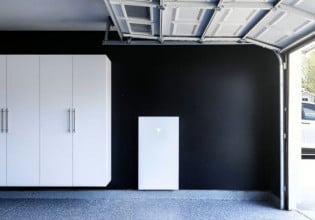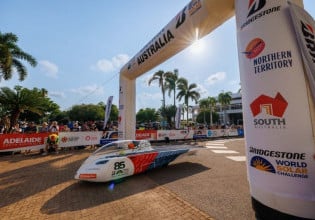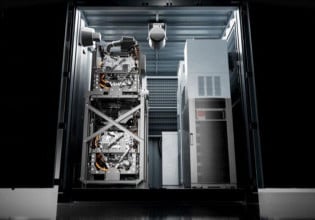WiTricity today announced it is collaborating with Nissan, the leading manufacturer of electric vehicles (EVs), to drive adoption of wireless EV charging systems. Nissan, together with other carmakers, has recognized that interoperability is critical for simplifying the EV charging experience and adoption of EVs more broadly.
This means ensuring car owners they can charge their vehicles at any station regardless of vehicle size and type. WiTricity and Nissan are collaborating to ensure that wireless charging systems will provide the high degree of interoperability, ease of use, and high efficiency that consumers expect.
With sales of electric vehicles growing rapidly, carmakers are now very focused on streamlining the EV charging experience. The WiTricity DRIVE wireless charging system allows for a charging pad on or under the ground that uses WiTricity’s patented magnetic resonance technology to send energy to the vehicle parked above it, requiring no cables or moving parts. The DRIVE system claims industry-leading efficiency and charge rates, and is capable of charging all types of vehicles ranging from low ground clearance sports cars to high ground clearance SUVs.
"Nissan believes in the potential of wireless charging to help advance widespread acceptance of EV motoring," said Kazuo Yajima, Alliance Global Director of the EV and HEV Engineering Division of Nissan. "We are very pleased to be working with a technology expert such as WiTricity to advance the state of the art for interoperability, efficiency, and user friendliness.â€
"WiTricity is partnering with Nissan to catalyze wireless charging in the EV market and move the industry forward to an interoperable future," said Alex Gruzen, CEO, WiTricity. "In order for us to realize a future of transportation that is electrified, shared and autonomous, we need a wireless charging solution that works for all vehicles. We're excited to continue working with Nissan as we march toward a global wireless charging ecosystem."






